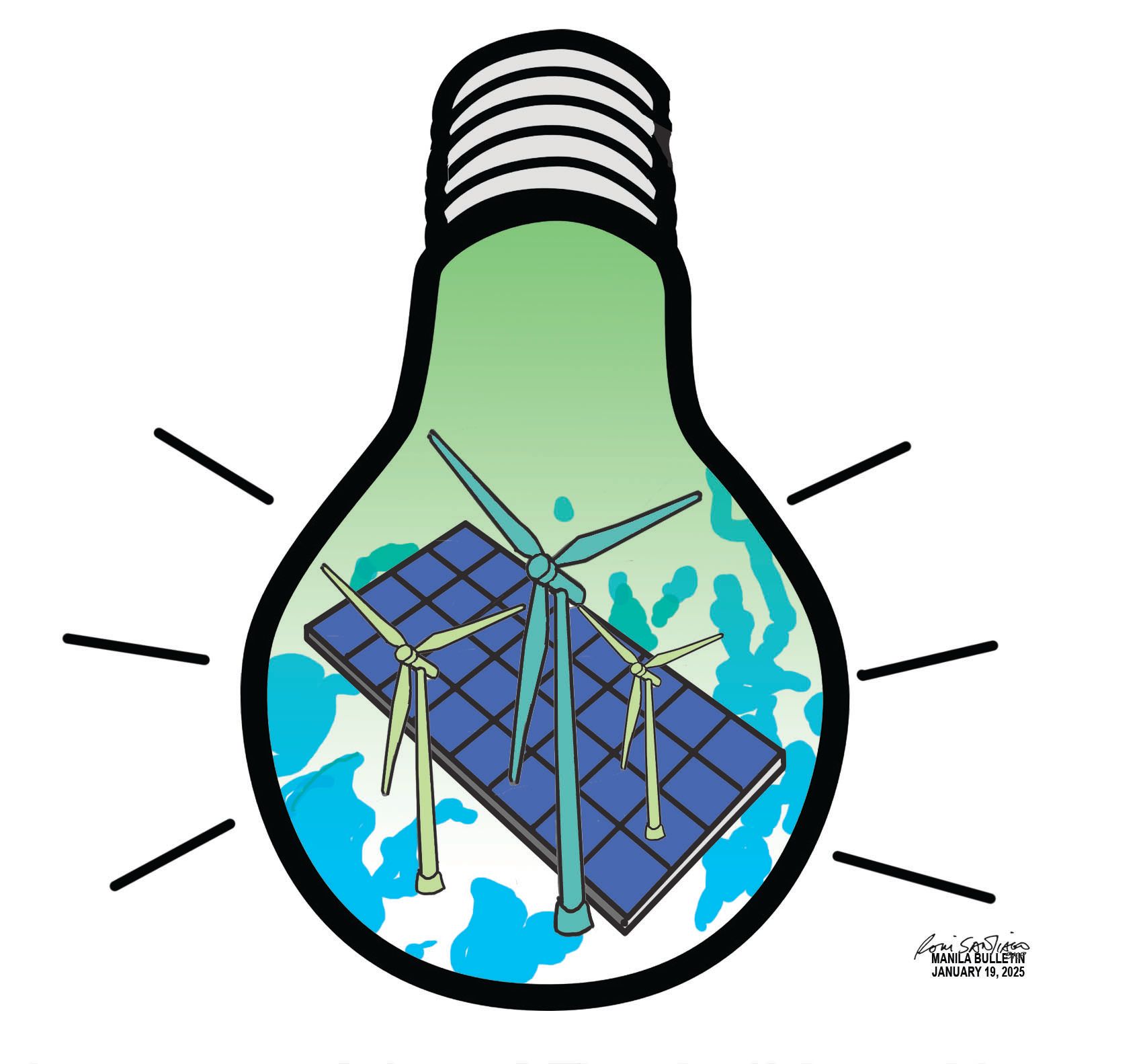
The mounting impact of climate-related disasters has exposed the urgent need for sustainable energy solutions. Fossil fuels, the largest contributors to greenhouse gas emissions, are at the heart of this crisis, accounting for over 75 percent of global emissions.
Recognizing the critical importance of transitioning to clean energy, the United Nations has designated Jan. 26 as the International Day of Clean Energy. This observance emphasizes the pivotal role of renewable energy in combating climate change and advancing sustainable development worldwide.
The International Day of Clean Energy seeks to spotlight the global transition from fossil fuels to renewable energy sources such as solar, wind, water, and geothermal power. These energy forms emit little to no greenhouse gases, making them essential in limiting global warming to the targets set by the Paris Agreement. Beyond environmental benefits, clean energy directly improves quality of life, particularly in regions where reliable power sources are scarce.
Currently, over 675 million people lack access to electricity, with 80 percent residing in Sub-Saharan Africa. Without significant intervention, this figure could leave one in four people dependent on unsafe and inefficient cooking systems by 2030.
Although the adoption of clean energy has grown, the world is not on track to achieve Sustainable Development Goal 7 (SDG7), which aims for affordable, reliable, and sustainable energy access for all by 2030. According to the United Nations, renewable energy costs have plummeted in recent years, making it the cheapest power option in most parts of the world. Between 2010 and 2020, solar energy costs fell by 85 percent, while onshore and offshore wind power costs dropped by 56 percent and 48 percent, respectively. These declining costs make clean energy more accessible and attractive for widespread implementation.
However, significant barriers remain. Many developing regions still depend on polluting fossil fuels, exacerbating air pollution and health risks. The World Health Organization reports that 99 percent of the global population breathes air exceeding safety limits, resulting in over 13 million avoidable deaths annually from environmental causes, including air pollution primarily caused by fossil fuel burning.
The International Day of Clean Energy serves as a rallying call for individuals, communities, and governments to take collective action. Public engagement is essential to drive innovation, cooperation, and awareness about the benefits of renewable energy. Educational campaigns and community events can empower people to make informed choices, support renewable energy initiatives, and advocate for policies that prioritize sustainability.
On a broader scale, international cooperation is crucial to closing the clean energy access gap, particularly in underserved regions. Investments in renewable technologies, coupled with policies that phase out fossil fuels, can create a more equitable and sustainable energy future.
The transition to clean energy is not just an environmental necessity but a moral imperative to ensure a healthier and more equitable world. By commemorating the International Day of Clean Energy we reaffirm our commitment to building a sustainable future. This global movement invites us to unite in tackling one of humanity’s most pressing challenges, paving the way for a cleaner, greener planet for generations to come.
Plan an activity to commemorate International Day of Clean Energy to spread awareness on the need to transition to clean energy.